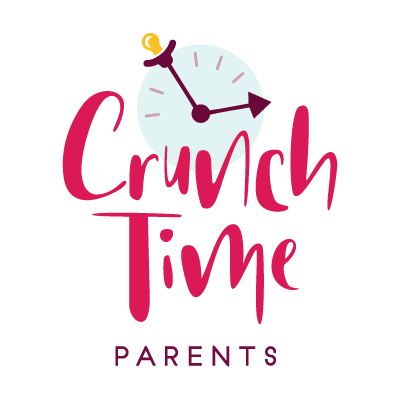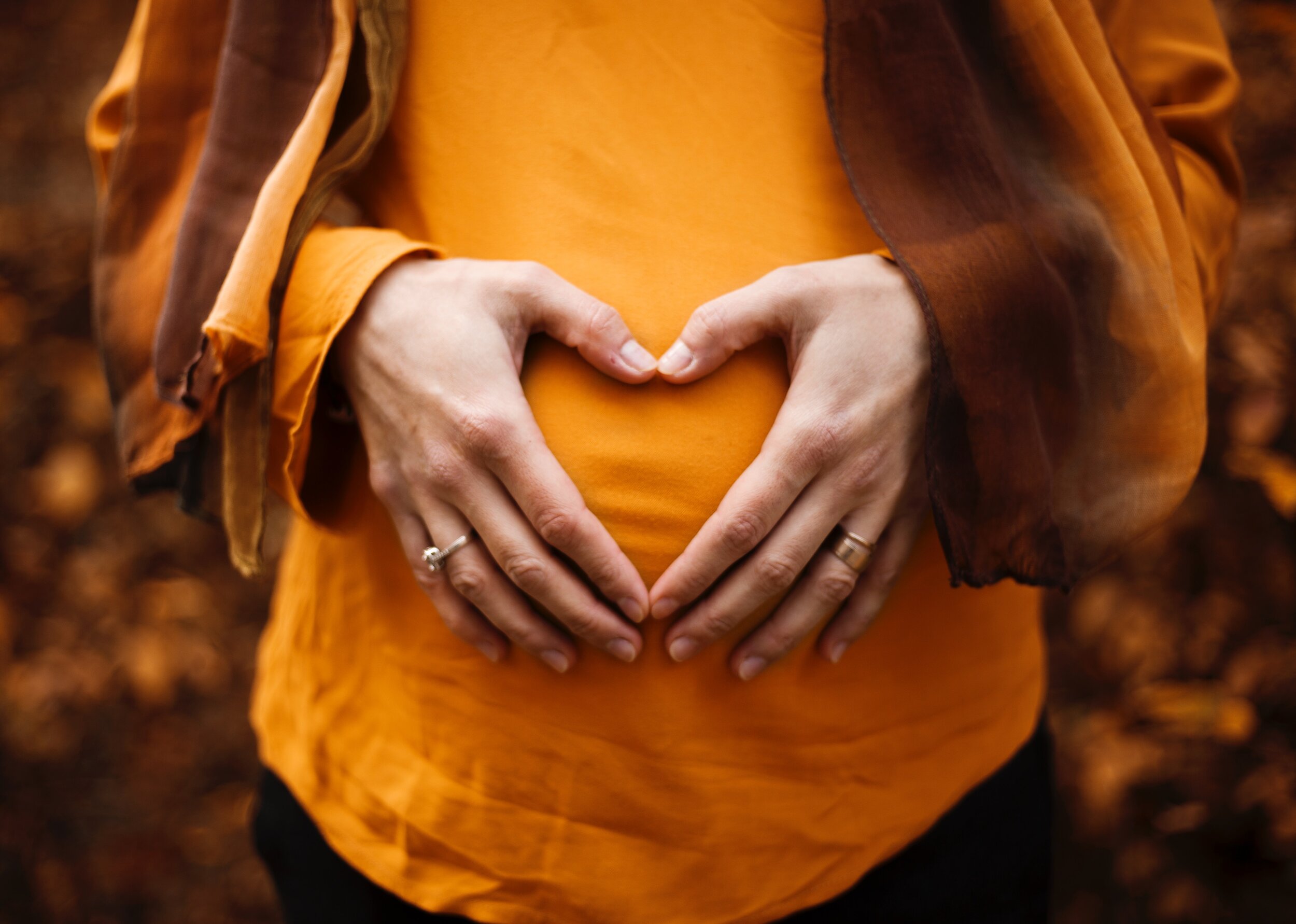Why Is the Maternal Death Rate Soaring in the U.S., and Falling in the Rest of the Developed World?
/If you haven't heard about Lauren Bloomstein by now, here's her story—a story that should, and hopefully will, change everything about childbirth in America. Lauren was a healthy 33-year-old nurse in the neo-natal intensive care unit at a New Jersey hospital who died shortly after giving birth to a baby girl in 2011. Soon after baby Hailey was born, Lauren's blood pressure skyrocketed, an obvious symptom of the treatable but potentially fatal-if-overlooked condition called preeclampsia. The hospital staff ignored every attempt by Lauren and her husband Larry (an orthopedic surgeon at the same hospital where Lauren worked as a neo-natal nurse) to get the treatment that would've saved her life. At one point Lauren cuddled baby Hailey; those 35 seconds are captured in this heartbreaking video. Then she died, just 20 hours later. Her death wasn't only tragic. It's infuriating, because Lauren's death was preventable, and so are 60 percent of the 700-800 maternal deaths (and 65,000 near-deaths) that happen annually in the U.S. What can we do to prevent those preventable deaths?
Read More





























